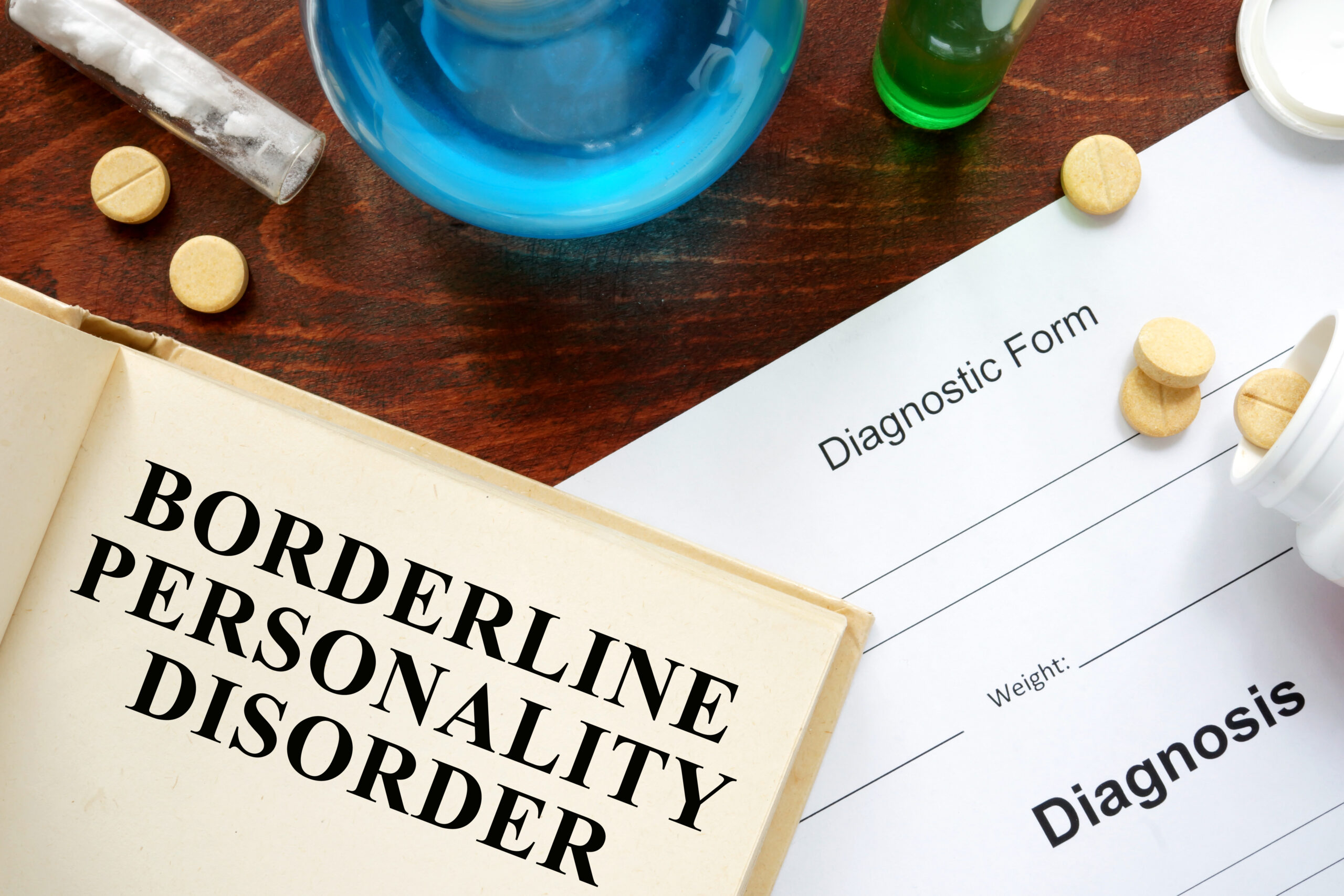latest
Doctors call for an end to children being diagnosed with borderline personality disorder
Children and young adults are being denied help because doctors label them as difficult and attention-seeking.
“These people are treated really badly. Yet many have lived through neglect, trauma and abuse. Mental health services are letting them down.” Keir Harding, occupational health therapist and mental health specialist
Thousands of children and young adults in the UK with serious mental illness are being denied the help they need because doctors label them as difficult and attention-seeking, according to a large group of leading doctors.
The doctors have signed a letter to Health Secretary Victoria Atkins demanding that the term “borderline personality disorder” be dropped. Borderline personality disorder (BPD) is a condition characterised by a lack of emotional stability and manipulative behaviour. Some clinicians, however, believe that people diagnosed with BPD in reality have a severe mental illness caused by trauma. Patients who have a diagnosis of BPD are sometimes treated by staff as troublesome rather than in need of specialist psychiatric care.
The letter, which has been signed by leading psychiatrists, psychotherapists and mental health nurses, states: “Until there is conclusive proof that this diagnosis does not harm children, we say it should not occur in the UK.”
Every year in England, an estimated 8,000 patients are treated by the NHS for suspected BPD. People with a diagnosis of the condition find their emotions confusing and hard to control, they struggle with relationships and experience disturbed thoughts. They often have a deep-rooted fear of being abandoned and can act impulsively. Clinicians diagnose it using a nine-point symptom list. If patients have five or more, they are labelled as having BPD.
In the UK, an estimated 1.5 million people meet the criteria for a BPD diagnosis. Research shows, however, that many mental health professionals treat them differently to those they consider to have a genuine problem.
Many patients diagnosed with BPD may have complex PTSD
In a study by the University of Wisconsin, researchers interviewed 22 psychiatrists to solicit their views about BPD patients. They found that most described them as “difficult” and did their best to get them out of their clinics as soon as possible. One even told researchers: “In professional circles, borderline is often synonymous with ‘pain in the ass.’”
Keir Harding, an occupational health therapist and mental health specialist who has campaigned for the BPD label to be scrapped, said: “These people are treated really badly. Yet many have lived through neglect, trauma and abuse. Mental health services are letting them down.”
Campaigners believe that many people given a BPD diagnosis actually have complex post-traumatic stress disorder (PTSD) – a form of PTSD caused by experiencing multiple, ongoing traumas. Liv Johnson, who experienced child abuse as a child and was admitted aged 15 into a psychiatric ward after self-harming and taking an overdose, told the Mail on Sunday that she had been diagnosed as having BPD. “I don’t remember any assessment for it, or it ever being mentioned by staff,” she told The Mail on Sunday.
She even said that on one occasion, after self-harming, A&E staff denied her medical treatment due to her BPD diagnosis: “They said they wouldn’t stitch my wound because I was a self-harmer who wanted the attention of having stitches.”
Her diagnosis was eventually changed to complex PTSD when she was 22, enabling her to access therapy she’d previously been denied.
Angela Mays told the paper that she had lost her 22-year-old daughter Sally to suicide after staff at an NHS mental health unit refused to admit her. Sally had tried to strangle herself in front of them, but one of the nurses said: “Leave her – she will faint before she dies.”
Sally, who had a history of eating disorders and depression, ended her life at home a few hours later. Her mother said that her daughter was not taken seriously because she had been diagnosed with BPD: “It’s a stigmatising term. Most doctors think of it as a behavioural disorder. I was told by an NHS psychotherapist that my daughter wasn’t really ill at all – even though she’d been in and out of hospital for three years.”
FCC Insight
In the past few years, there has been growing concern amongst some mental health professionals and campaigners that people with complex PTSD are being misdiagnosed as having borderline personality disorder (BPD). Some argue that it is, in fact, the same condition, and that the BPD label needs to be removed altogether, while other clinicians believe they are two distinct categories. Obviously this is difficult territory, but it is worrying to see that patients who receive a BPD diagnosis are often regarded as a nuisance by doctors, and are denied appropriate treatment as a result. Everyone with a mental health condition has the right to be treated with respect and to receive the care they need.
